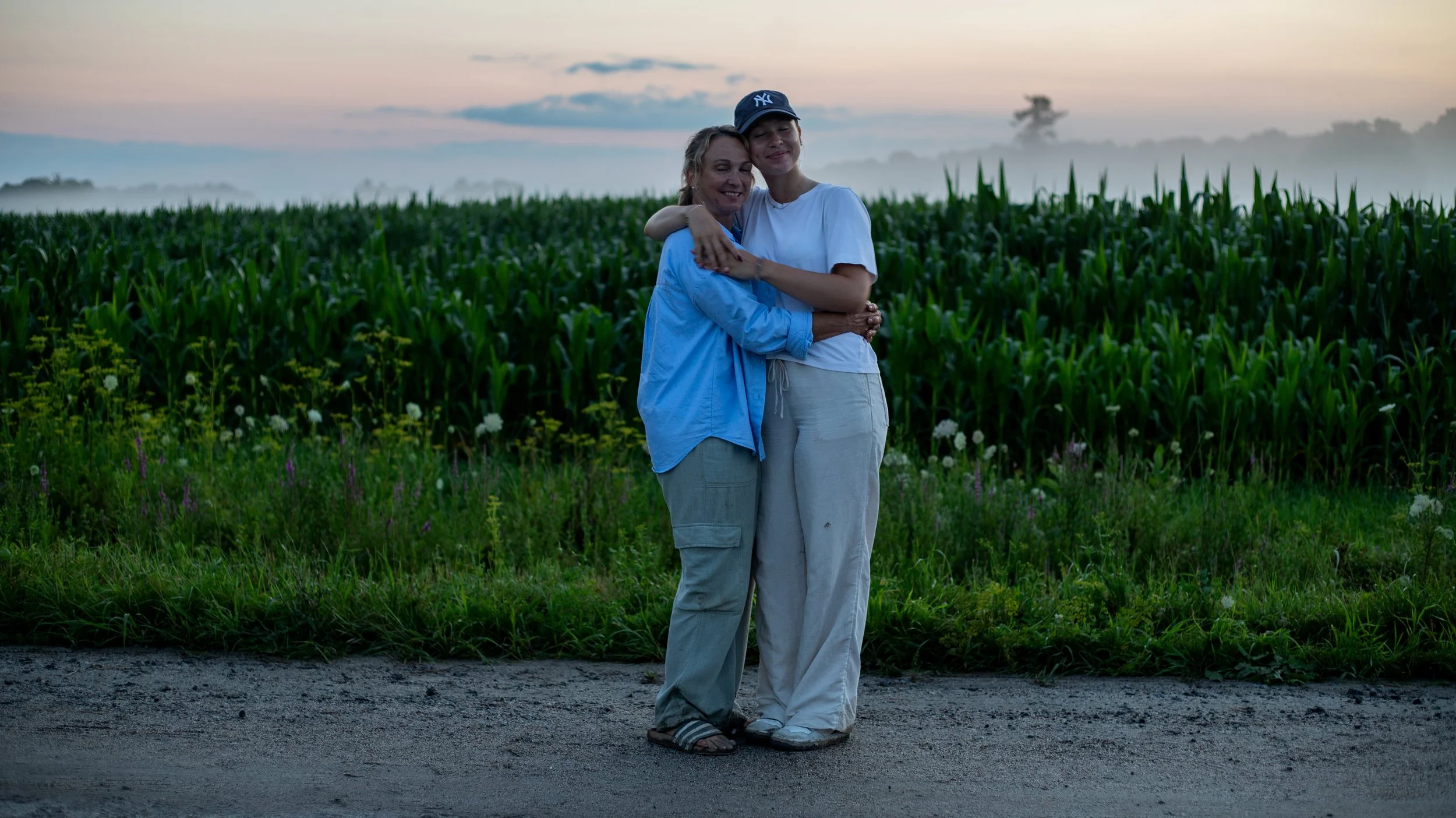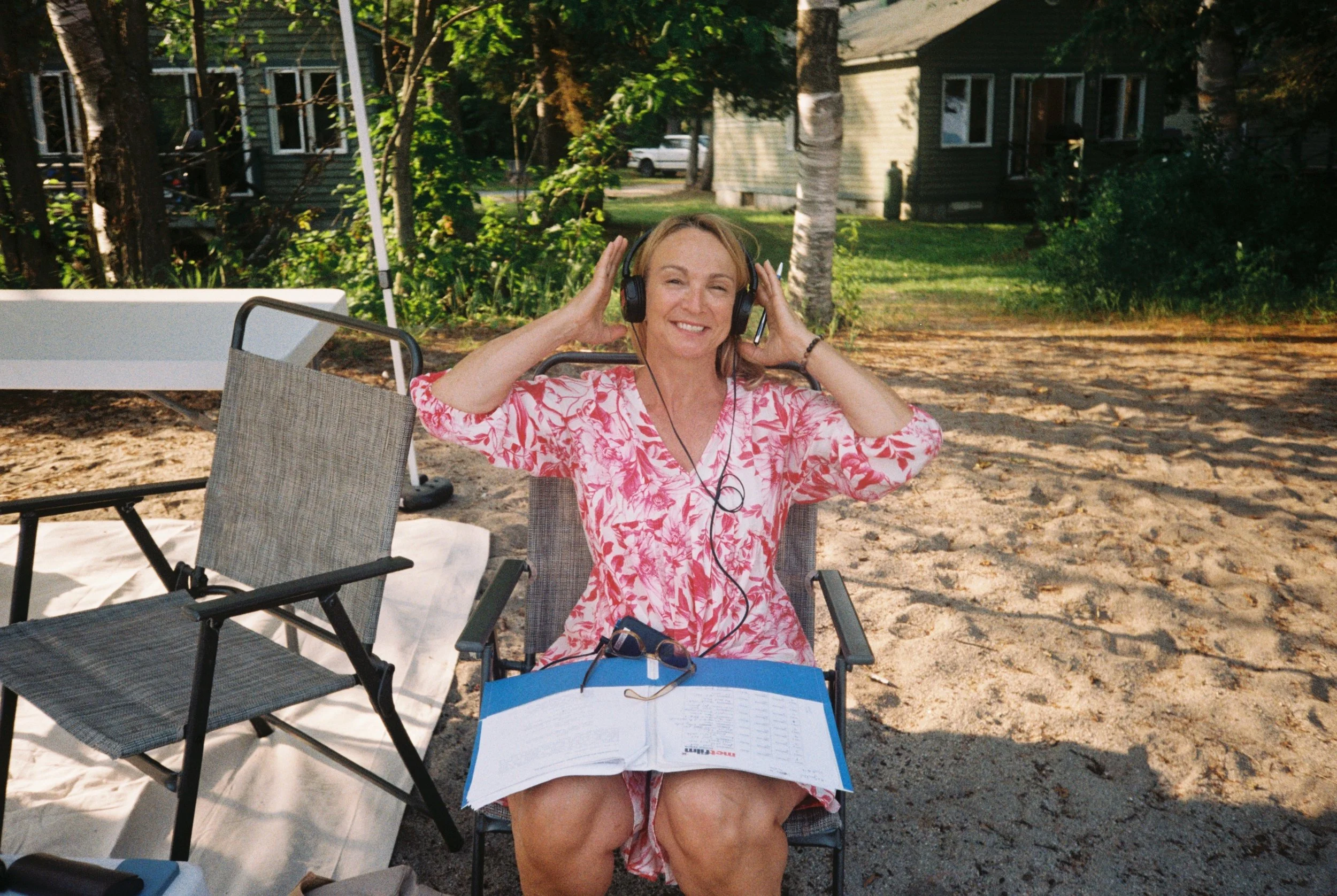completed in march 2025
Project Title:
Tire toi une bûche
A film by Béatrice Richer
Fiction | Short Film | 21min
Canada | French canadian with English subtitles
Color | 1. 3:1 | 5.1, Stereo
logline / synopsis
Returning to her estranged rural hometown after a life-altering event, Laurie, navigates the complexities of finding her place in the world. Finding solace and guidance in her mother's unyielding support, she faces her toughest battle yet – grief.
Cast & Crew:
Cast:
Laurie Caron ... Laurie
Joelle Lalonde... Sylvie
Jennifer Hennessy... Madame Tessier
Delphine Roy ... Young Laurie
Crew:
Writer /Director : Béatrice Richer
Producer: Béatrice Richer, Josée Massie
Executive Producer: Lenz Films
Executive Producers: Stéphane Richer, Mitar Veselinovic, Danilo Veselinovic
Director of Photography: Jelan Maxwell
1st AC: Tara Muhlberghuber
2nd AC: Jacob Lavoie
Production Sound Mixer: Charles Paquin
Script Supervisor: Josée Massie
Editor: Béatrice Richer
Post-production Sound Mixer & Sound Designer: David Moreau
Post-production dialogue preparation technician: Charles Paquin
Music Composer: Darcy Adam
Colorist: Jelan Maxwell
Featuring Music by Les Soeurs Boulay
STILLS
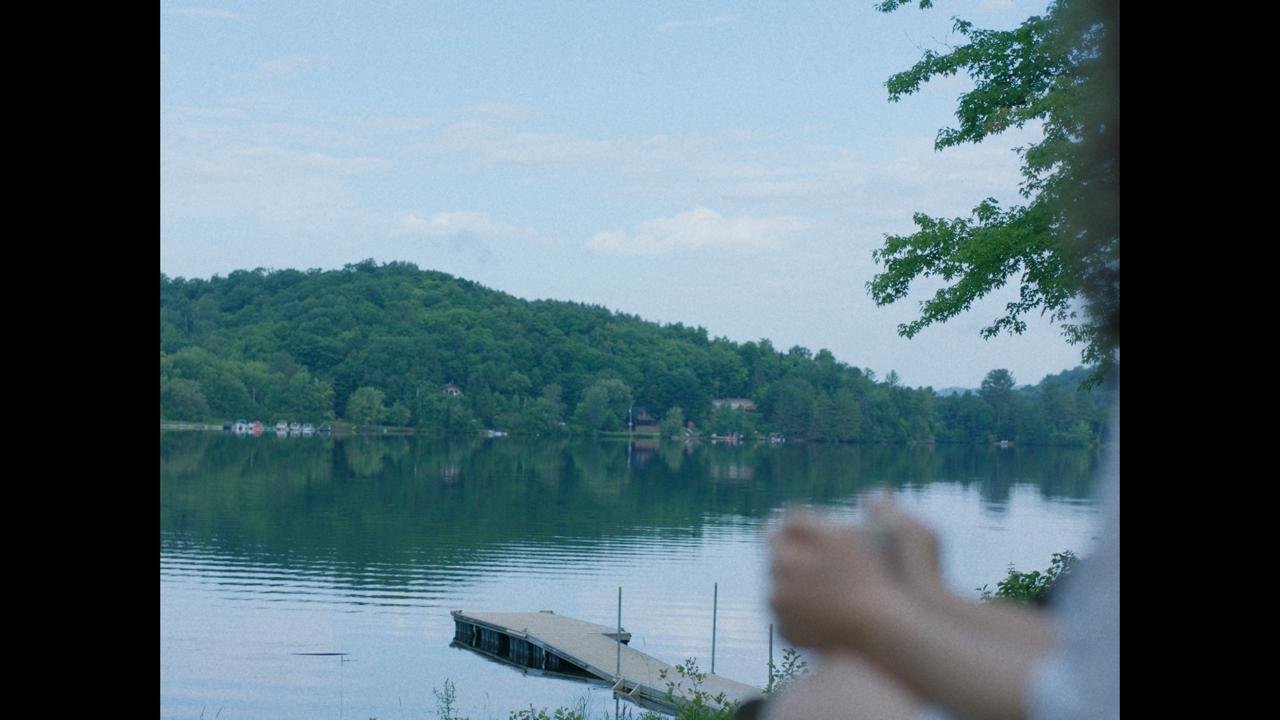
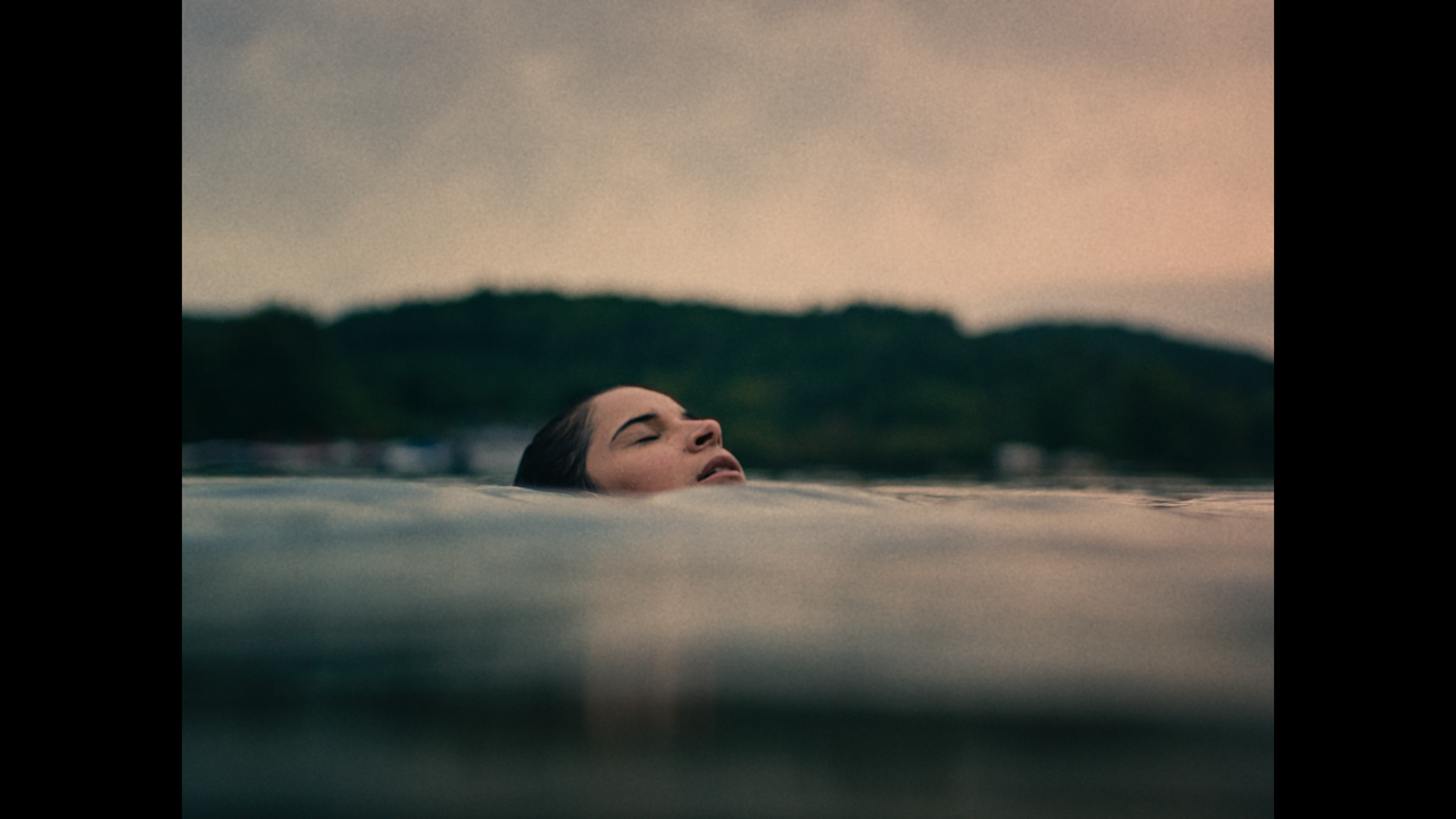

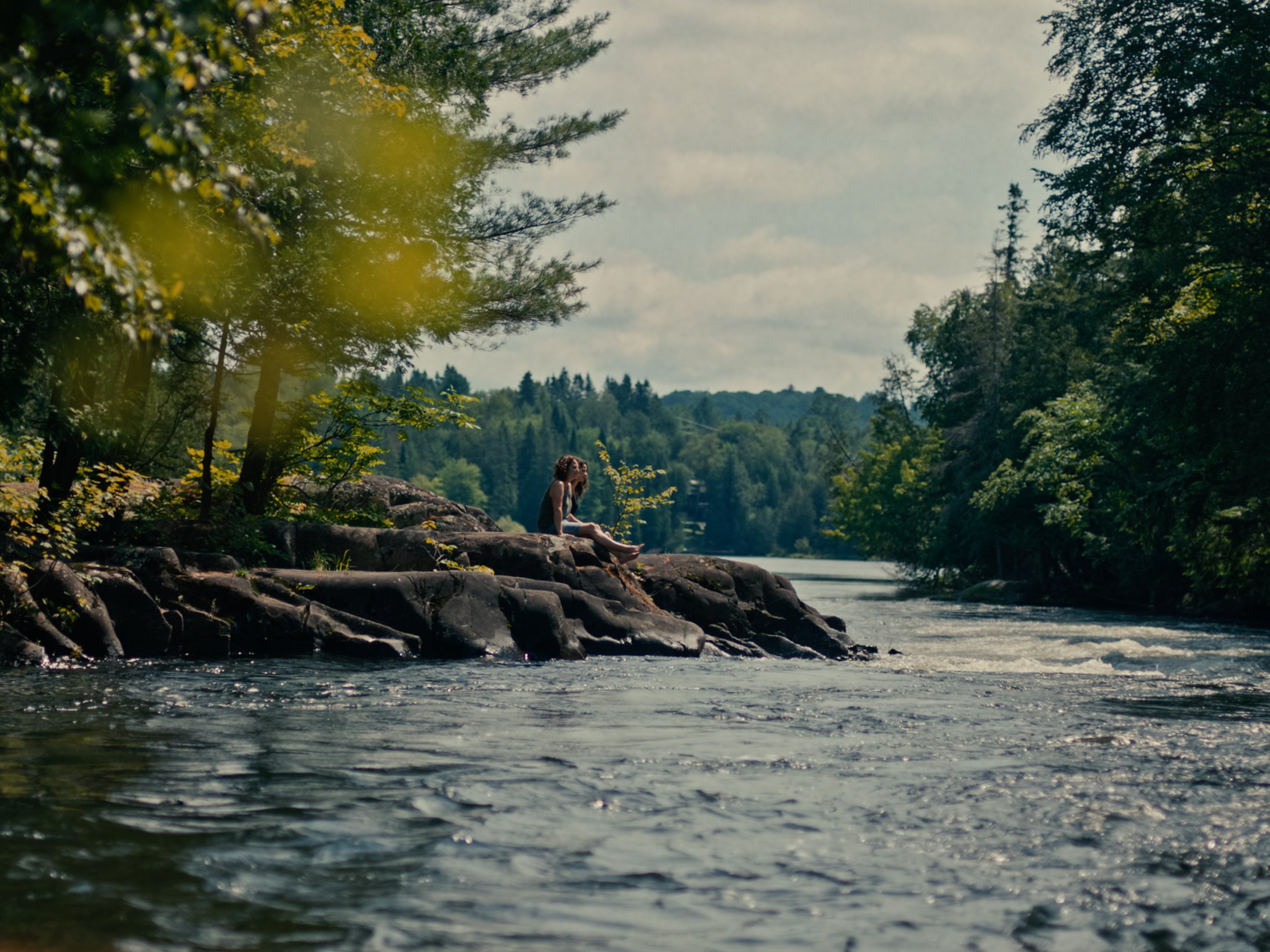
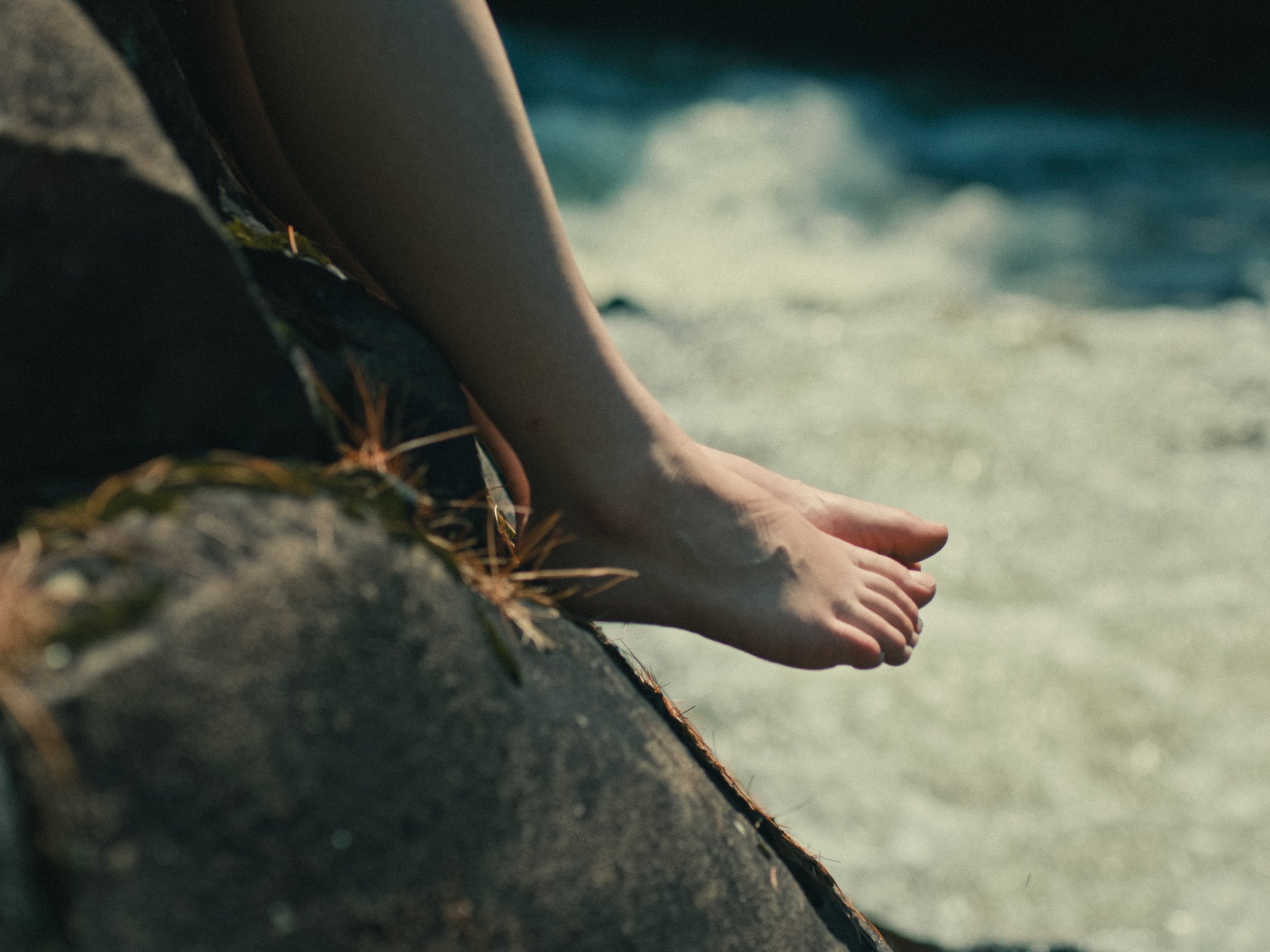
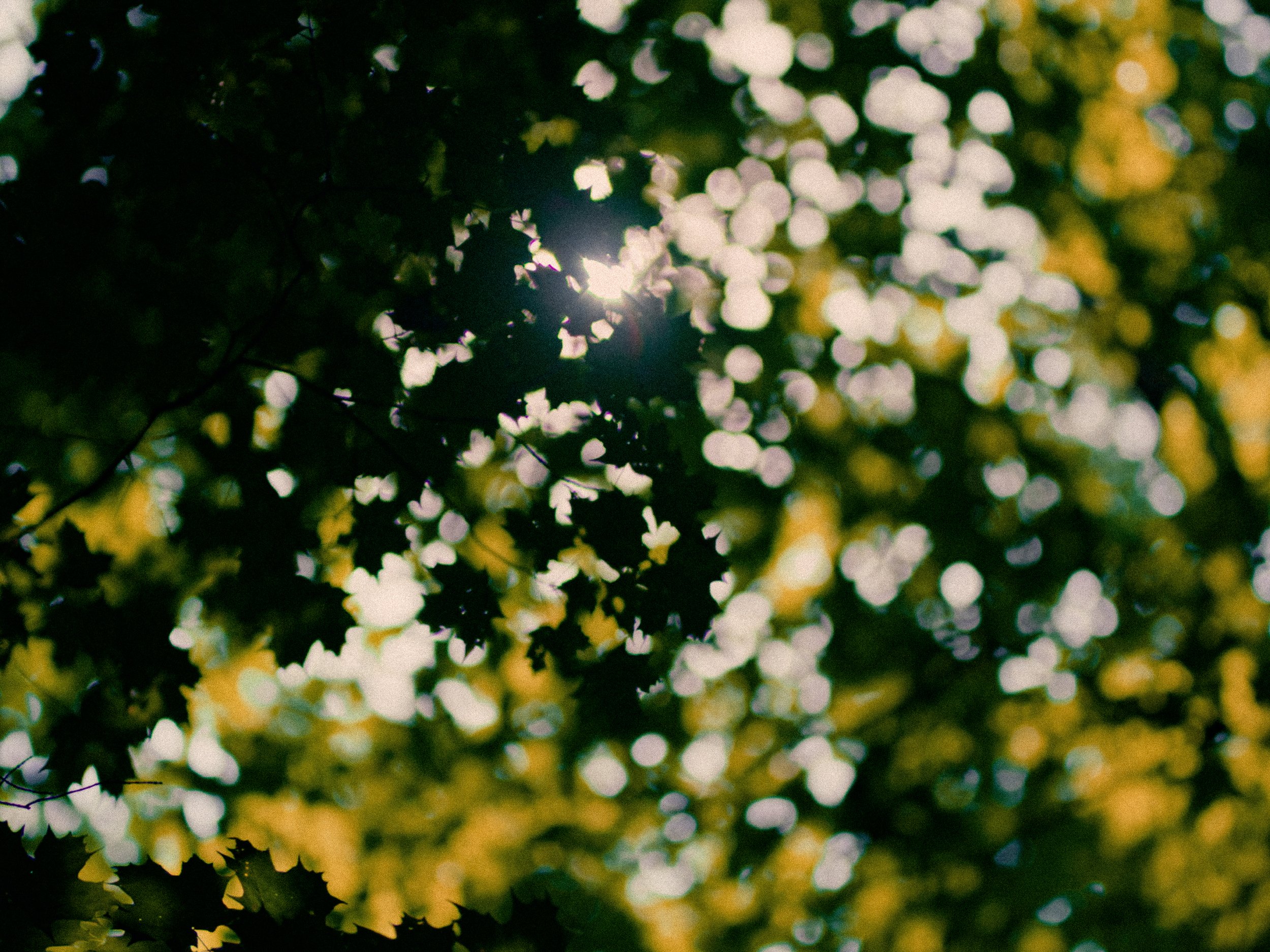
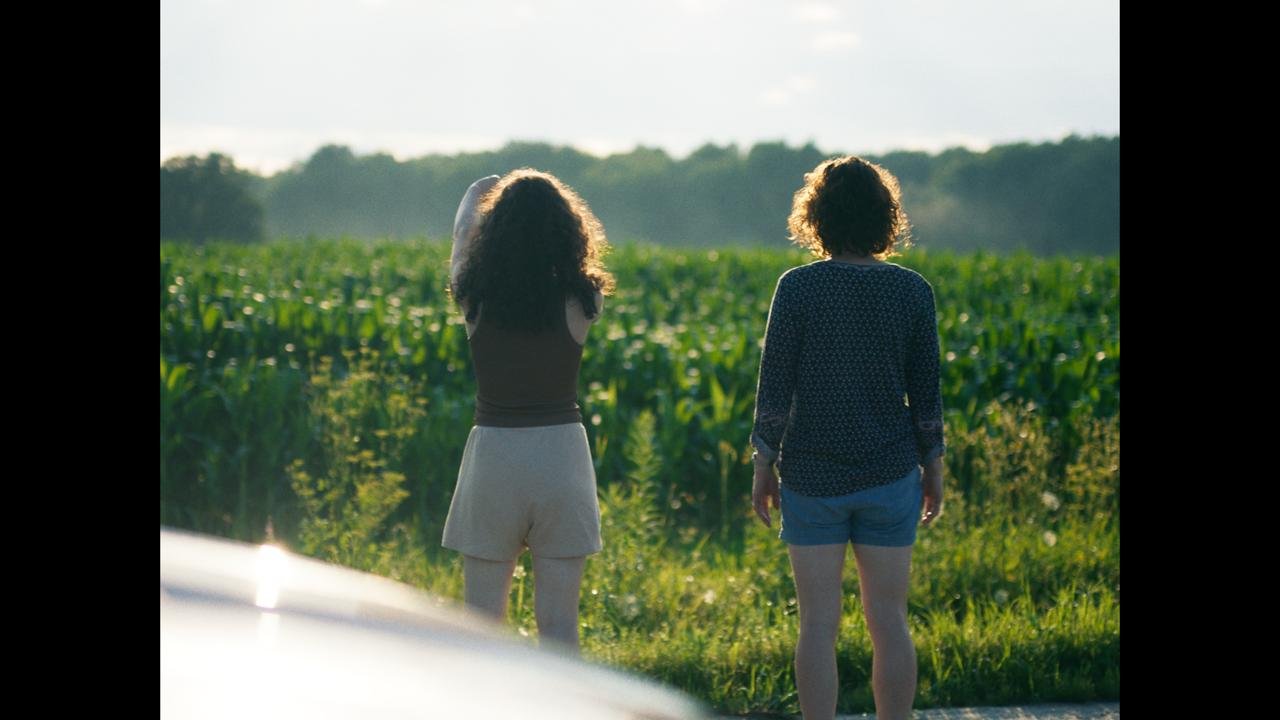
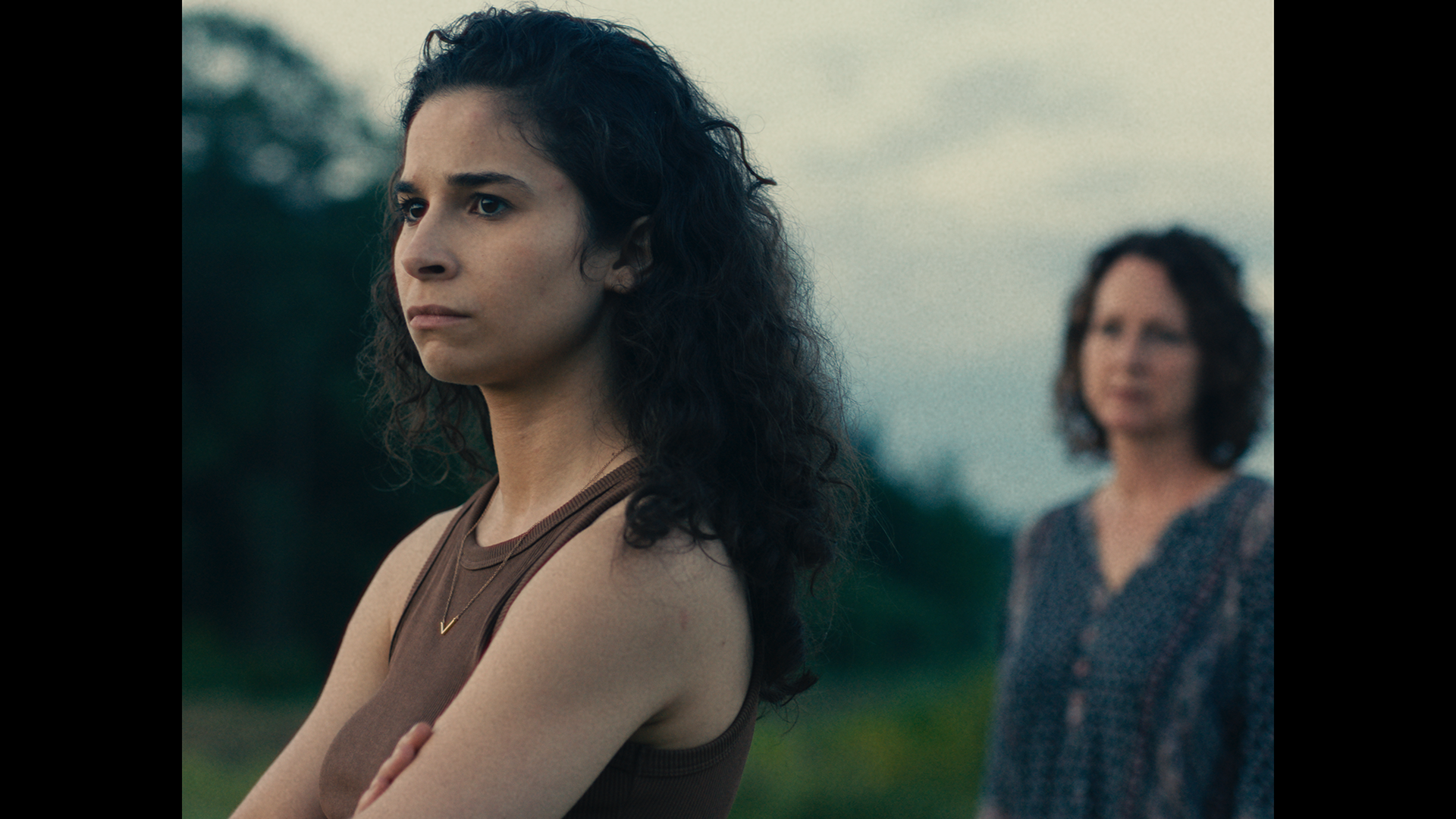
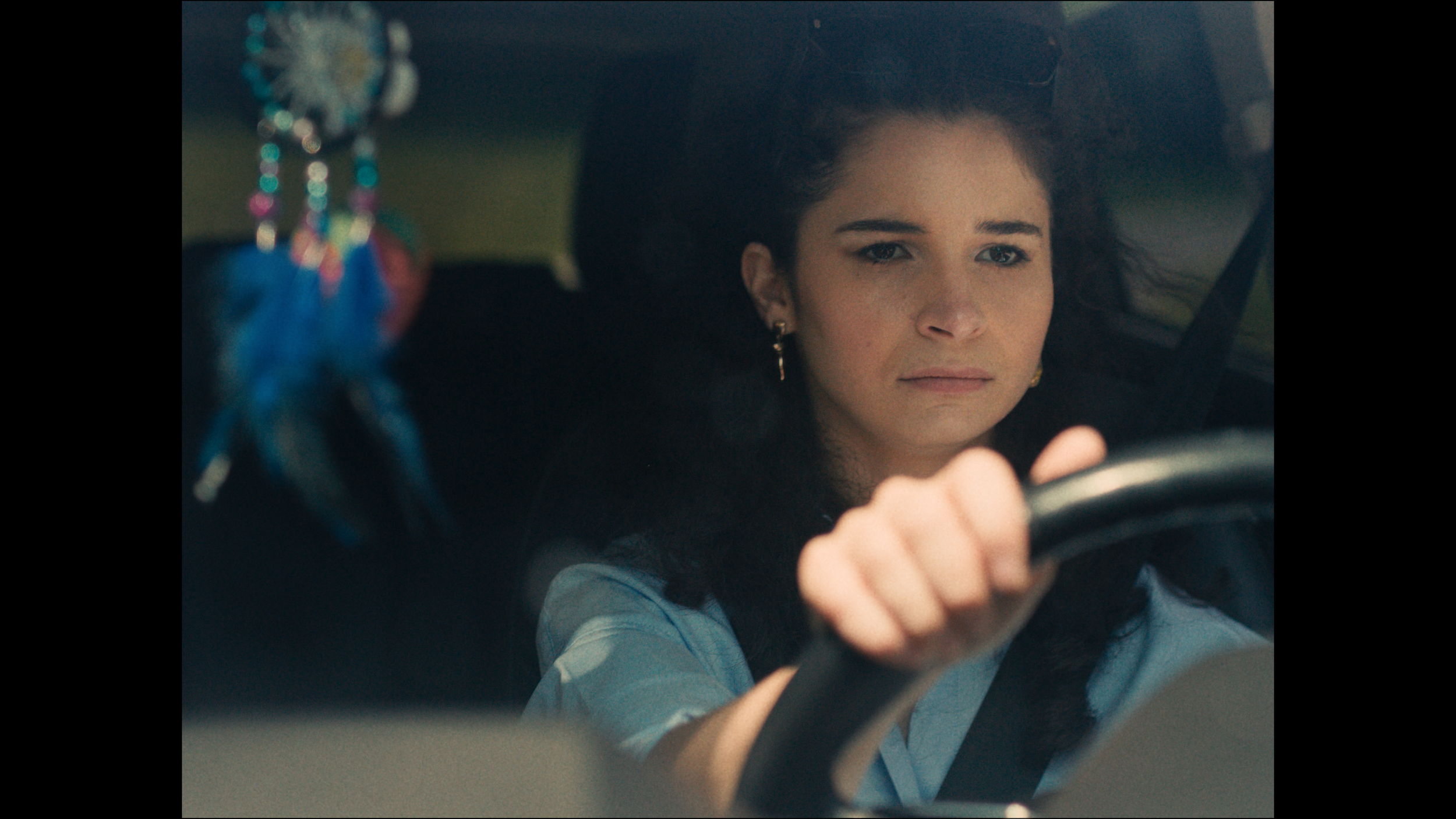
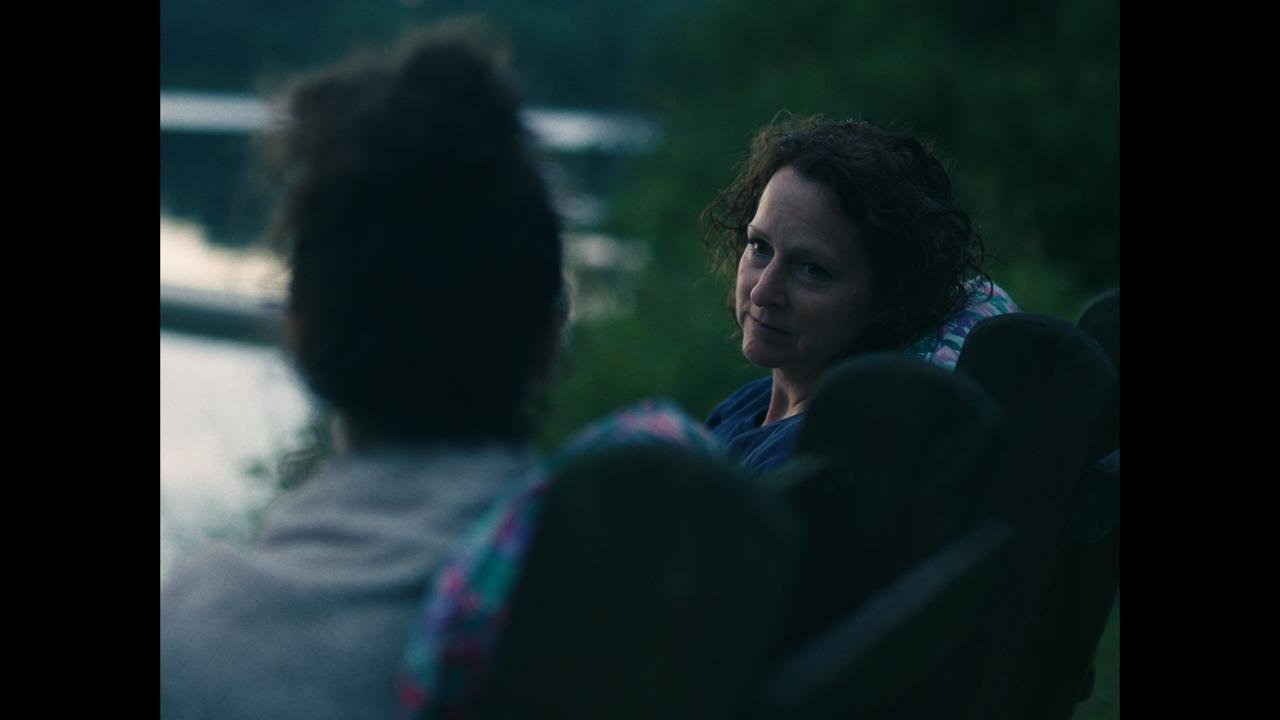
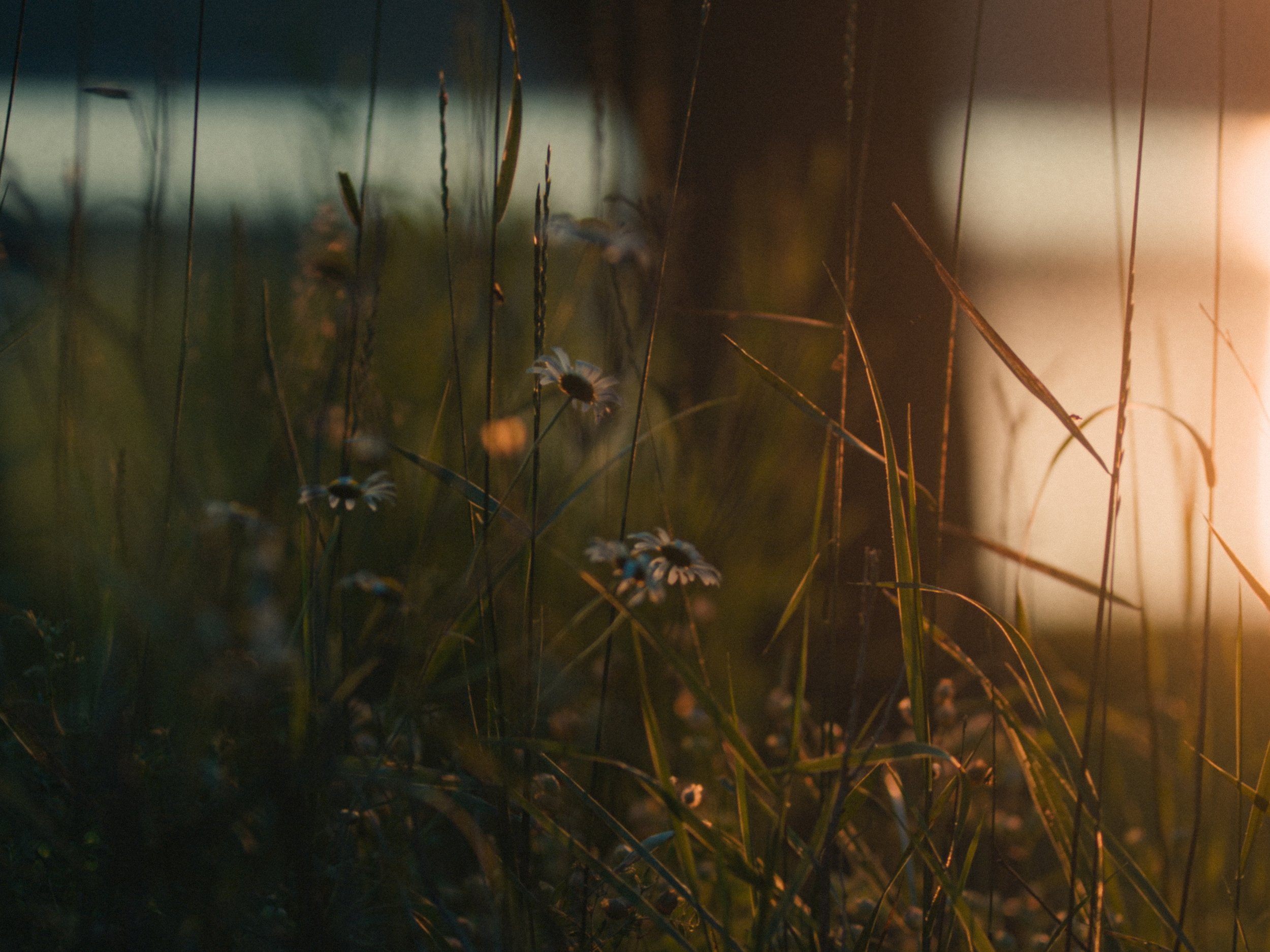
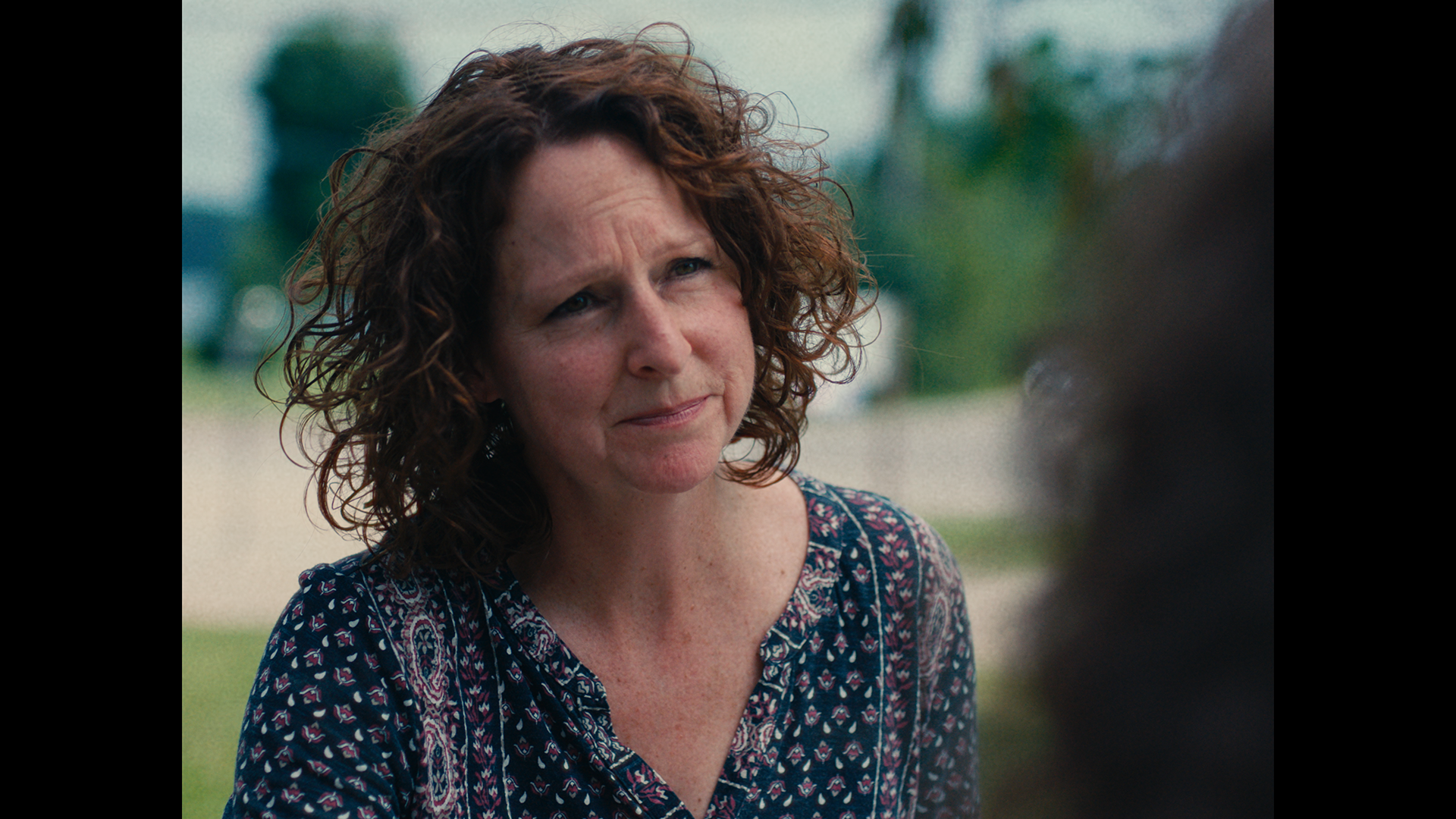
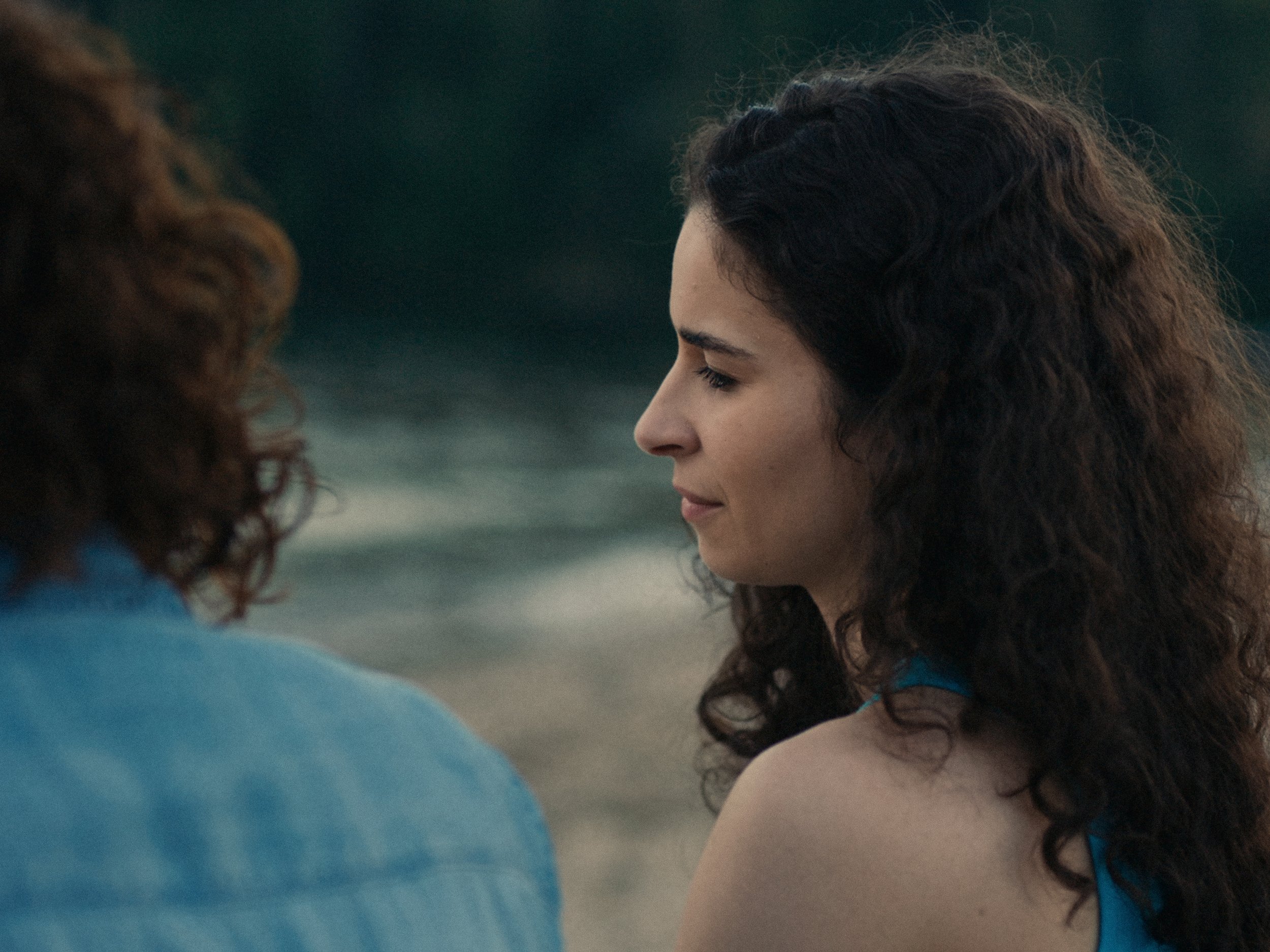
directors
statement
This film started honestly with me being forced to write a script for my graduation project, easily the worst way to begin something creative. My mentor told me to write about something familiar, something personal. That’s what they all tell you: “Write what you know.” Later that day, I was sitting in the living room, talking with my mom, and I glanced at her—suddenly, that was it.
My mom isn’t simply a parent: she’s my best friend, my soulmate, and someone without an ounce of toxicity in her. Our bond has always been my guidance in life. Obviously, she annoys me, and I annoy her back. She snaps me into place, reminds me she’s my mother, but that’s part of the deal. It’s what defines unconditional love. We’re inseparable, tied at the hip. The one person who truly sees me.
Multiple mother-daughter films I admire: Lady Bird, I Killed My Mother, Everything Everywhere All at Once , they focus on conflict. They’re messy, envious, adversarial. That’s real for many. But that’s not us. Not what I grew up with. And that felt important to have its narrative.
As I’ve transitioned to adulthood still living with my parents, I’ve started seeing my mom not just as that, but as a person—with flaws and vulnerabilities. The shift is subtle, quite disorienting. There was this one conversation. She told me that when she dies, she wouldn’t have left an impact. How she’s “just a mom.” It shattered me.
In that moment, I didn’t see my mom. I saw a woman I love most in this world opening up about her deepest insecurities. I heard her fear of being forgotten. Of not mattering. It’s one of those moments that lodges itself somewhere deep inside you. How could she not know how much she mattered? And yet, it felt like, deep down, she didn’t believe it counted — at least not in the way the world and society defines success or legacy. I get it. I understand the longing to leave a mark beyond motherhood.
That became the seed for Tire-toi une bûche. The film sits with that question. It lives in it. Laurie—our main character—is left wondering the same things: Was her mother happy? Did she know she was enough? Did she feel seen?
Grief is the undercurrent of this film. It’s not loud—it creeps in. The story starts with a death, but it’s not about death. It’s living in the bliss and gratitude of having a bond so special, which makes their absence even harder. It’s about what happens when the one person who sees you fully disappears. It’s about what’s left unsaid, and the questions that never get answered. Loving someone so much you don’t know where they end and you begin. Now they’re gone, but they’re everywhere and nowhere at once.
Filmmaking, at its best, lets us share our unique perspectives, revealing multiple truths in this world. That’s why I made this film: It’a about a mother and daughter, a bond grounded in love, care, and friendship, not perfection. They see, lean on, and grow with each other, built on unconditional love.
Josée Massie, Béatrice’s mom, on set of TTUB.
I haven’t lived full-time in Canada for years, but every time I return, I’m hit with a wave of nostalgia, longing for my roots, my childhood, a bittersweet ache for what was, even as life moves forward. There’s this constant tug between where I came from and where I think I’m headed. Like many, I’ve had my fair share of mental-breakdowns about adulthood. Wondering if I’m doing it right, comparing myself to others, who seem to have it all figured out.
However I always find peace when I come home to the quiet, rural countryside. That same duality lives in Laurie. She’s lost, grieving—not just her mom, but maybe herself. She comes home, not just for closure, but in search of something deeper. Maybe she’s doing just fine, but the one person who always helped her snap back is gone. Nostalgia eats away at her, holding her back, tangled in memories she can’t let go of.
Visually, I wanted the film to feel like a memory. That blur between what’s real and what’s imagined. Especially once you realise that Laurie’s and Sylvie’s reunion is Laurie’s imagination or fragments of her memories. Nostalgia laces everything. Shot in my hometown, the setting draws from Sharp Objects and the natural light aesthetic reminiscent of Close. Nature is embraced, anchors the film’s look—wide, documentary-style shots like Nomadland, evoking calm, beauty, and healing. Balanced with intimate close-ups that draw us into her emotional world. The pace is slow. I wanted it to breathe, because it’s in introspection that emotion reveals itself.
This film became a love letter to that wonderful woman. To her doubts. To the moments she felt unseen. To the legacy she thought she didn’t have. Through it, I want to thank her and tell her: You mattered. You still do. You were never “just” a mom.
Maybe your version of Laurie isn’t looking for her mother. Maybe it’s someone else. But the love, the longing to be seen, the ache of absence, the gratitude to have such a meaningful connection —that’s universal. Girlhood is precious and needed.
Then there’s the language. The place. This story is Québécois, anchored in our culture, our language, and our unique roots. That matters. It’s about preserving that essence. I’ve come to see the poetry in Québécois: how we speak in shortcuts, with sayings that carry whole histories. Sometimes three words say everything, and other times, it’s what we don’t say that speaks the loudest. Filmmakers like Vallée, Dolan, and Villeneuve have shared Quebec with the world. This is my way of building on that.